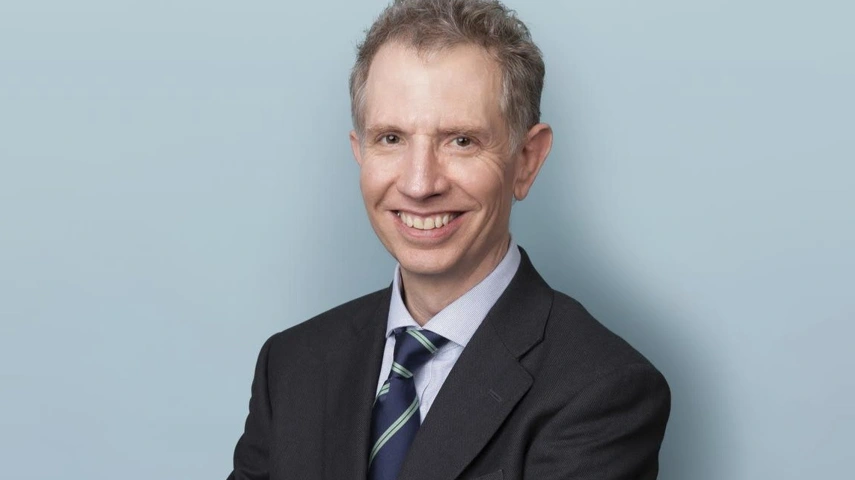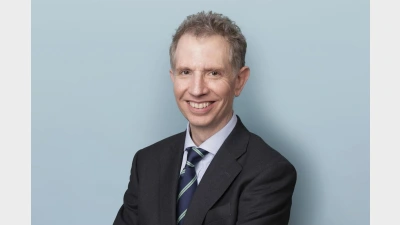ART reveals how it is seizing opportunities in 2025



While some market segments may experience heightened volatility, ART’s CIO Ian Patrick says the fund will take a strategic approach to capitalise on the resulting opportunities.
Australian Retirement Trust (ART), the country’s second-largest super fund, posted a 13.7 per cent return for its High Growth option and an 11.9 per cent return for its Balanced option over the 2024 calendar year. Like many other funds, ART benefited from the solid returns of domestic and global sharemarkets.
However, speaking to Super Review sister brand InvestorDaily, Patrick said the $300 billion fund’s “disciplined” approach to asset selection, portfolio construction, rebalancing, and diversification have been key to delivering positive outcomes.
Looking ahead, ART’s chief investment officer predicted that 2025 will largely mirror the economic conditions seen in 2024.
“From a tactical sense over the next 12 months, the soft landing remains our base case, and this remains on track as best we can tell,” Patrick said.
“The enthusiasm for markets and rates to fall much faster than anticipated seems to have come out. If anything, markets are now pricing in a continuation of inflation as the risk factor, rather than a hard landing.”
However, 2025 is set to bring new challenges and considerations, particularly with a change in leadership at the White House. ART intends to closely monitor how these developments could impact markets.
“We will be observing Trump and the enforcement of his proposed policies. The things that we will be keeping a particularly close eye on are the more interventionist policies such as tariffs,” Patrick said.
“Our sense is that these are pretty well largely priced in already in terms of fixed income markets, so we won’t be taking big positions in anticipation of what Trump will do, it’s more a question of whether he will deliver on the policies he has proposed or not – and if not, what that means.”
Domestically, Patrick highlighted the risk that inflation could prove stickier than expected, remaining elevated for longer, particularly when excluding volatile items from the equation.
“Abroad, the situation appears a bit less risky with clear established signs inflation has come down in the US and most of Europe,” he said.
Turning to asset picks for the year ahead, the CIO said that real estate and infrastructure remain a focus for the fund.
“In fixed income and currency markets, we anticipate heightened levels of volatility as experienced in recent times and utilise our rebalancing and dynamic asset allocation programs to exploit opportunities that present from that volatility,” Patrick said.
“As of right now, we see markets fairly evenly poised and fairly neutrally valued from an outlook point of view.”
In its most recent review of the fund, Morningstar said that ART could “realistically” see an asset base of $500 billion by 2030.
This, the research house said, is backed by the successful integration of both Sunsuper and QSuper, noting that focus is now on future growth ambitions.
“Australian Retirement Trust’s multi-sector strategies have a strong investment team managing a repeatable and scalable process in generating return outcomes for its members,” the research firm said.
In particular, Morningstar pointed to Patrick’s ability to leverage the “skills and experience of ART’s investment team”, alongside fostering an inclusive culture complemented by “broad external consultant partnerships and a stable line-up of strategically selected asset managers”.
Recommended for you
Future Group is set to take on nearly $1 billion in funds under management (FUM) and welcome more than 100,000 new members following two significant successor fund transfers.
Insignia’s Master Trust business suffered a 1.9 per cent dip in FUA in the third quarter, amid total net outflows of $1.8 billion.
While the Liberal senator has accused super funds of locking everyday Australians out of the housing market, industry advocates say the Coalition’s policy would only push home ownership further out of reach.
Australia’s largest superannuation fund has confirmed all members who had funds stolen during the recent cyber fraud crime have been reimbursed.












